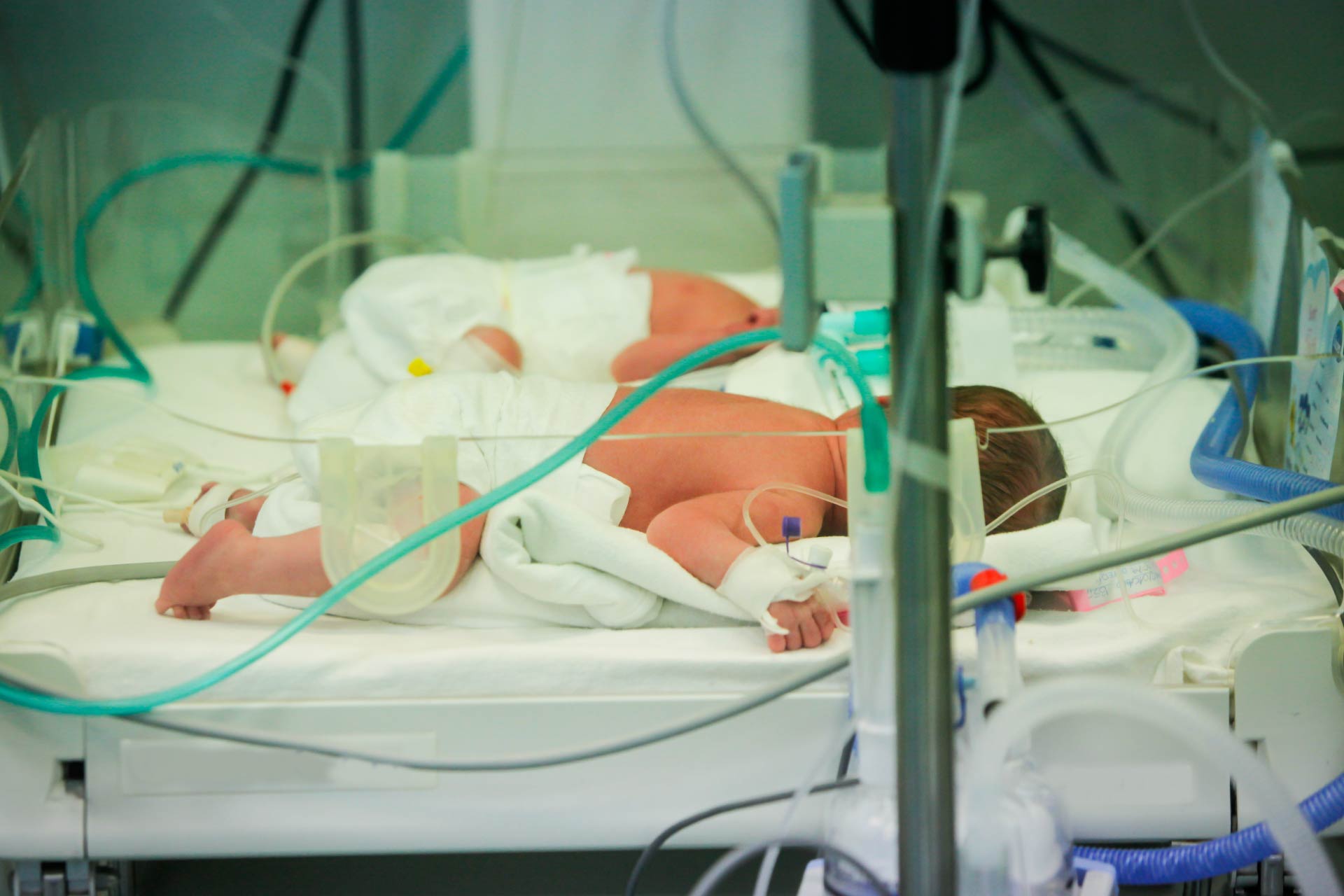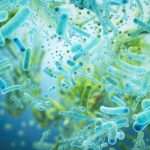• Better microbes
• Boosting health
What is already known on this topic
Preterm infants are more likely to be delivered by cesarean section and spend time in neonatal intensive care units, where they receive at least one course of antibiotics. These measures could alter the gut microbial population, leading to life-threatening infections and long-term health consequences such as asthma and eczema. Some studies suggest that giving preterm babies probiotics can be beneficial, but it’s unclear how probiotics change the microbiota composition.What this research adds
By comparing preterm infants who received specific strains of Bifidobacterium bifidum and Lactobacillus acidophilus with preterm infants who did not, researchers found differences in the microbiota profiles between the two groups. Babies who received probiotics had a gut microbiota dominated by Bifidobacterium, whereas those who didn’t receive probiotics had bacteria including Staphylococcus, Escherichia, and Klebsiella, which are typical of a preterm baby’s gut microbiota.Conclusion
The findings suggest that giving preterm babies probiotics can help to improve the gut microbiota composition and displace bacteria that have the potential to cause disease.
Preterm babies are often born by cesarean section, spend time in neonatal intensive care units, and receive at least one course of antibiotics—all of which can alter the gut microbial population, leading to life-threatening infections and long-term health consequences such as asthma and eczema. Now researchers have found that giving preterm babies probiotics can help to improve the gut microbiota composition and displace bacteria that have the potential to cause disease.
The study, published in Cell Reports Medicine, is one of the largest of its kind with preterm infants. “We were excited to find that matching the right probiotic Bifidobacterium—a strain that can digest breast milk—allowed it to persist in the gut and as a result significantly reduce potentially nasty bacteria that have been associated with serious infections,” says senior study author Lindsay Hall at the University of East Anglia. “We hope that our findings will help direct future clinical trials and practice and help clinicians and healthcare professionals make a rational choice when it comes to diet-microbe combinations, and ultimately help these at-risk preterm babies,” she says.
Previous studies suggest that giving preterm babies probiotics can be beneficial, but it’s unclear how probiotics change the microbiota composition. To address this question, Hall and her team compared 101 preterm infants who received specific strains of Bifidobacterium bifidum and Lactobacillus acidophilus with 133 preterm babies who did not receive any probiotic.
Better microbes
The researchers collected fecal samples from each of the babies over their first 100 days of life and analyzed the bacteria in the samples. Babies who received probiotics had a gut microbiota dominated by Bifidobacterium, whereas those who didn’t receive probiotics had bacteria including Staphylococcus, Escherichia, and Klebsiella, which have the potential to cause disease and are typical of a preterm baby’s gut microbiota.
Scientists have known that Bifidobacterium dominates the microbiota of full-term healthy infants who are breast-fed. That’s because human breast milk contains sugars called human milk oligosaccharides (HMOs), on which Bifidobacterium bacteria thrive.
The researchers found that babies who received probiotics excreted lower levels of HMOs compared to babies who did not receive probiotics, but they did excrete higher levels of HMOs’ breakdown products such as acetate and lactate. These molecules can enhance the defense function of immune cells and cells lining the gut.
Boosting health
Stool samples from babies who received probiotics also had a lower pH than samples from babies who did not get probiotics. A low pH can boost gut health by making the gastrointestinal environment too acidic for some of the disease-causing bacteria to grow.
The findings provide a better understanding of the mechanisms by which preterm babies may benefit from probiotics, the researchers say. The study, they add, “emphasizes the important role that targeted microbiota or probiotic supplementation plays in preterm infants, exerting beneficial modifications on preterm gut microbial communities and metabolic end products.”











